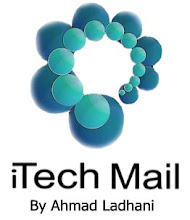
Dr. Amyn B. Sajoo was invited to speak on bioethical choices and Islam at a training session for clinicians, ethicists and counsellors, convened by the London Research Ethics Committees of the British National Health Service (NHS).
The central theme of Dr. Sajoo’s presentation was the role of maslaha or the ‘public interest’ in Muslim ethical reasoning, and how this has shaped particular choices in biomedicine, past and present. Five key narratives were offered to illustrate how maslaha allowed departures from traditional legal rules in order to serve a larger public interest. These involved decisions on organ donations, stem cell research, autopsies and dissection – followed by a final narrative on the classical emergence of maslaha itself as an avenue for social change in matters of public health. It usually comes as a surprise to western publics that supposedly ‘traditional’ societies such as Iran and Saudi Arabia have some of the most exciting and innovative programmes in health research, including on stem cell therapies for degenerative diseases such as Alzheimer’s and Parkinson’s. The use of embryonic cells in such research has incurred strong opposition in several western countries on religious grounds. Muslim ethicists, however, have successfully addressed such concerns by balancing them against the public benefit derived from innovative therapies.
For Detail review visit The Ismaili News



No comments:
Post a Comment